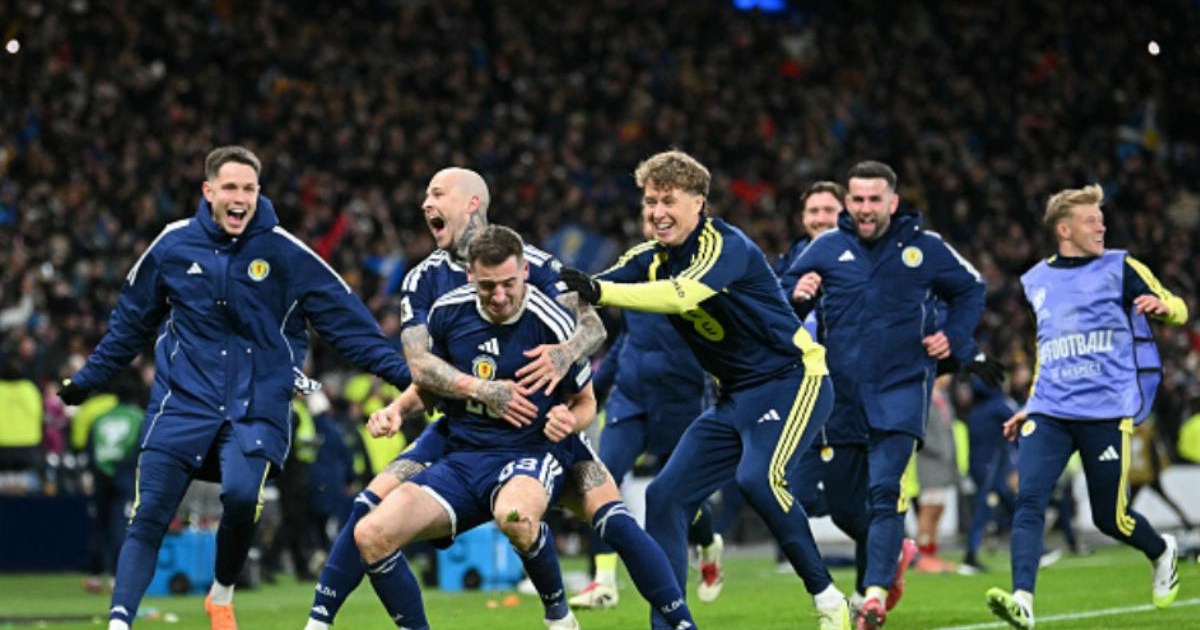The Premier League has set new financial rules from next season as clubs vote on transfers, salary caps and more
Premier League clubs have voted on a new set of financial rules – by a minimal majority.
But plans to cap the maximum amount of cash any club could spend on transfers and wages were immediately rejected.

At today’s central London meeting of 20 ‘shareholder clubs’, Prem bosses won the support of 14 members to introduce UEFA-style ‘squad cost ratios’ from next season.
This will restrict all clubs from spending more than 85 per cent of their annual revenue on player costs.
All clubs participating in UEFA competitions are limited to spending 70 percent of this income per season.
However, a motion that would have seen the Prem introduce an “anchor” system – which limits the spending of all clubs to a maximum of five times the broadcast income of the last-placed club – failed to secure even a slim majority.

Cold feet
Palmer suffers a new blow when he breaks his toe at home, forcing Chelsea to follow a new preparation plan

beauty
Win a 2025 Volkswagen Tiguan + £2,000 in cash or £33,000 in cash from just 21p using our code
The concept would limit club spending to a maximum of £550m next season, although only Manchester City and Chelsea would be close to that figure.
But only seven clubs supported the idea, with 12 clubs voting against it and one club abstaining from voting.
Under Prem rules, a two-thirds majority is required for any changes to regulations, meaning the measure needs at least 14 clubs to support it unless there is an abstention.
The decision means the end of current profitability and sustainability rules, which have seen Everton and Nottingham Forest deducted points for breaches in recent seasons.
Casino Special Offer – Best Casino Bonuses from £10 Deposits
A Prem spokesman confirmed: “At today’s Premier League shareholders’ meeting, the clubs voted to introduce a new set of financial rules that will come into effect from the start of the 2026/27 season.
“Following extensive consultation, the clubs have agreed to submit proposals on the Team Cost Ratio (SCR) and Sustainability and Systematic Resilience (SSR).
“There was not enough support for a proposal on top-down stabilization.”
The SCR is a “real-time” calculation, in which clubs are allowed to include all stadium income – including pop concerts, conferences and other sporting events, which boosts Spurs with two NFL games a season as well as big music shows.
Under the Prem proposals voted on, clubs would receive a “30 per cent multi-year allowance” if they exceed the 85 per cent threshold.
Spending more than 85 percent will result in a fine, with a violation of 115 percent resulting in an automatic points deduction.
Any breach will result in the Club’s point loss limit being reduced by the same percentage.
Prem added: “The new SCR rules aim to enhance opportunities for all clubs to aspire to greater success and bring the league’s financial system closer to UEFA’s current SCR rules.
“Other key features of the league’s new system include transparent monitoring and sanctions during the season, protection against poor sporting performance, the ability to spend before revenue, enhanced capacity for off-field investment, and reduced complexity by focusing on the costs of football.
“The Sustainability and Systemic Resilience Rules assess the financial health of a club in the short, medium and long term through three tests – the working capital test, the liquidity test and the positive equity test.”
These latest rules were approved unanimously.
Prem chiefs have been testing both SCR and shadow berthing since the start of the 2024-25 season, in an attempt to ascertain whether the regulations should be formally adopted.

Kale no
Jack Osbourne’s angry sister attacks ‘bully’ Kelly Brook after she became a celebrity

My mother’s pain
I was arrested in front of my daughter over a WhatsApp message, £20,000 won’t erase the trauma
While the SCR was expected to pass narrowly — the PSR was only narrowly adopted in 2013 — it has become clear in recent months that the stabilization process is doomed to fail.
Manchester United, Manchester City and Chelsea have been strong contenders – with the Red Devils chiefs eyeing the boost in income they expect from the alternative stadium to Old Trafford – while Arsenal are also understood to have had a change of heart.





Post Comment